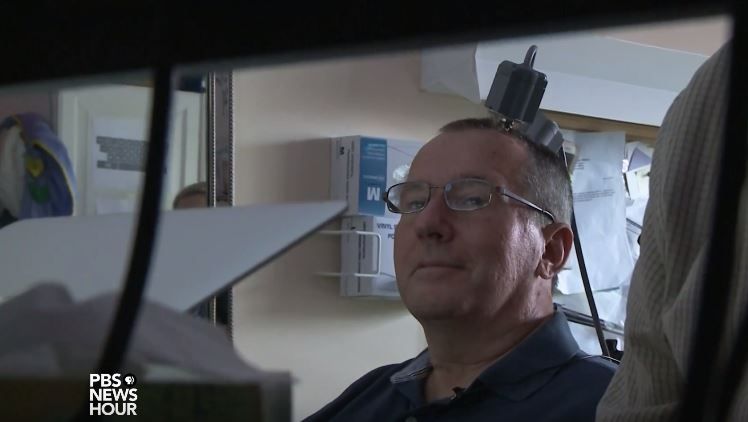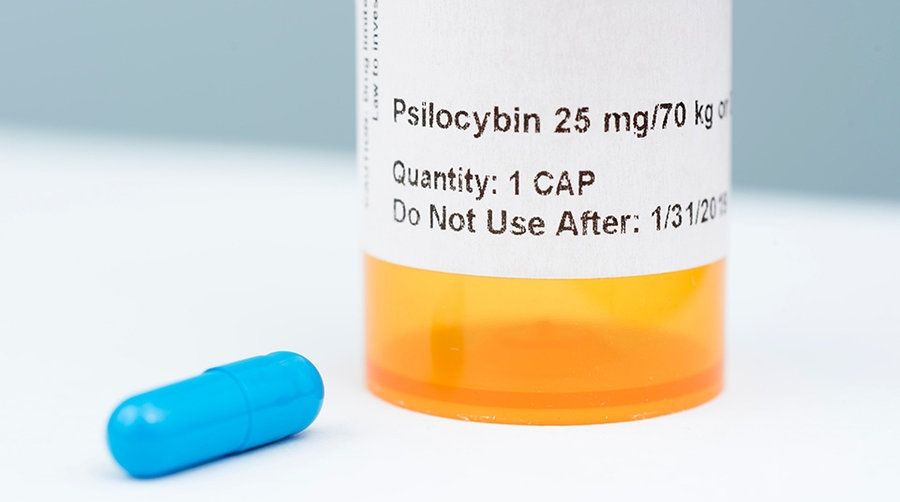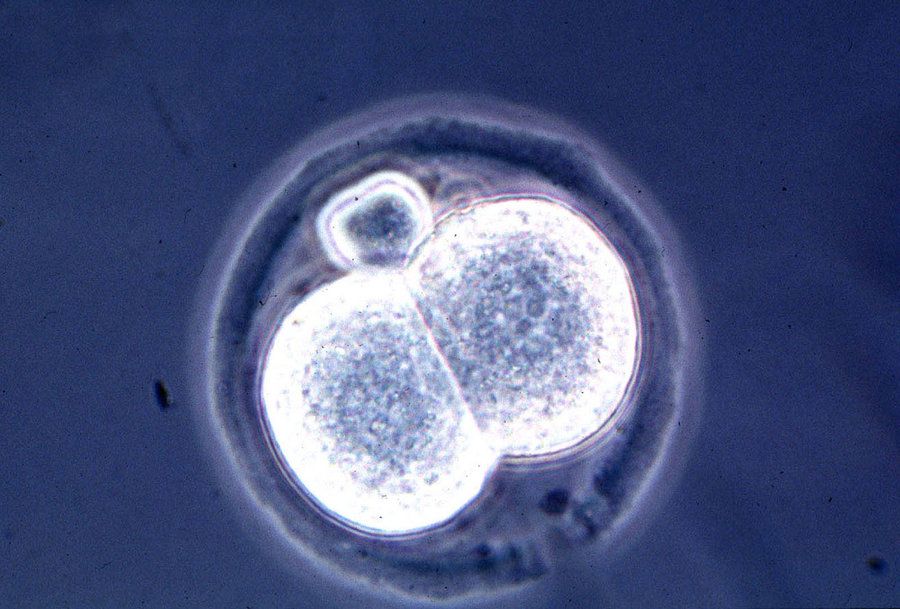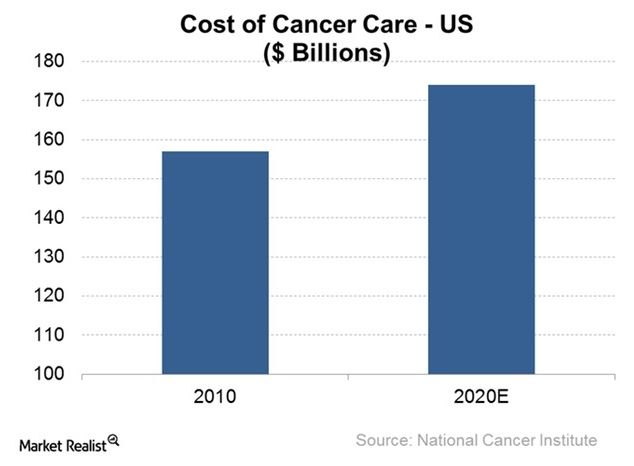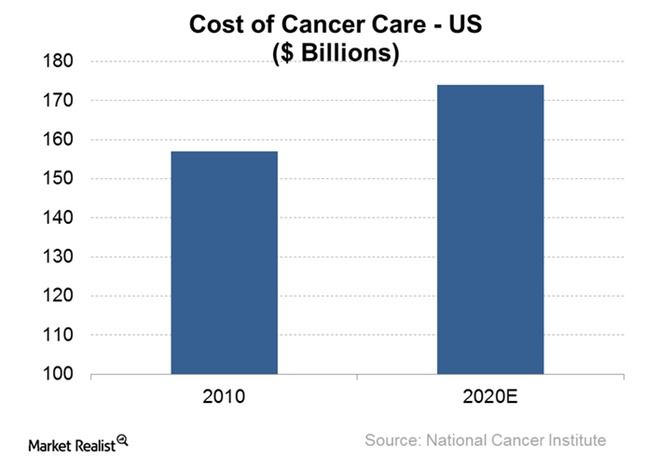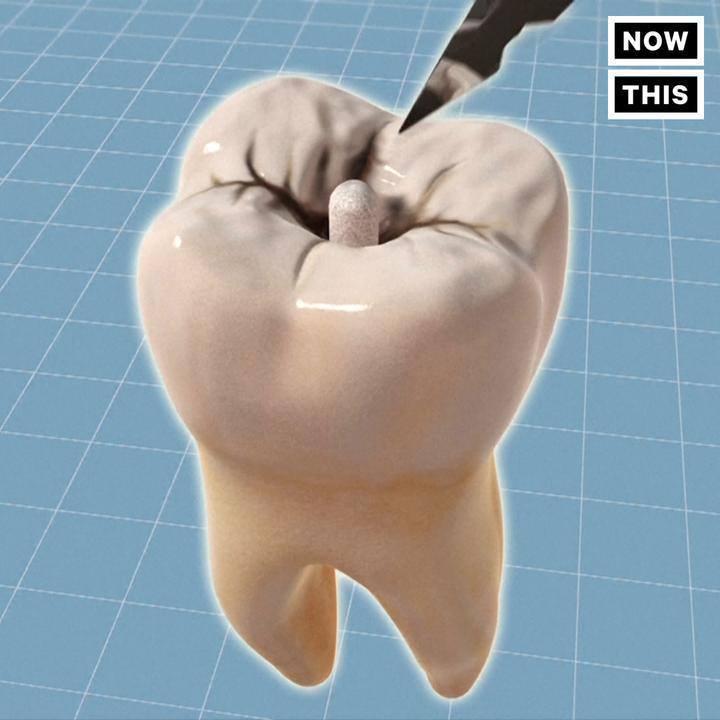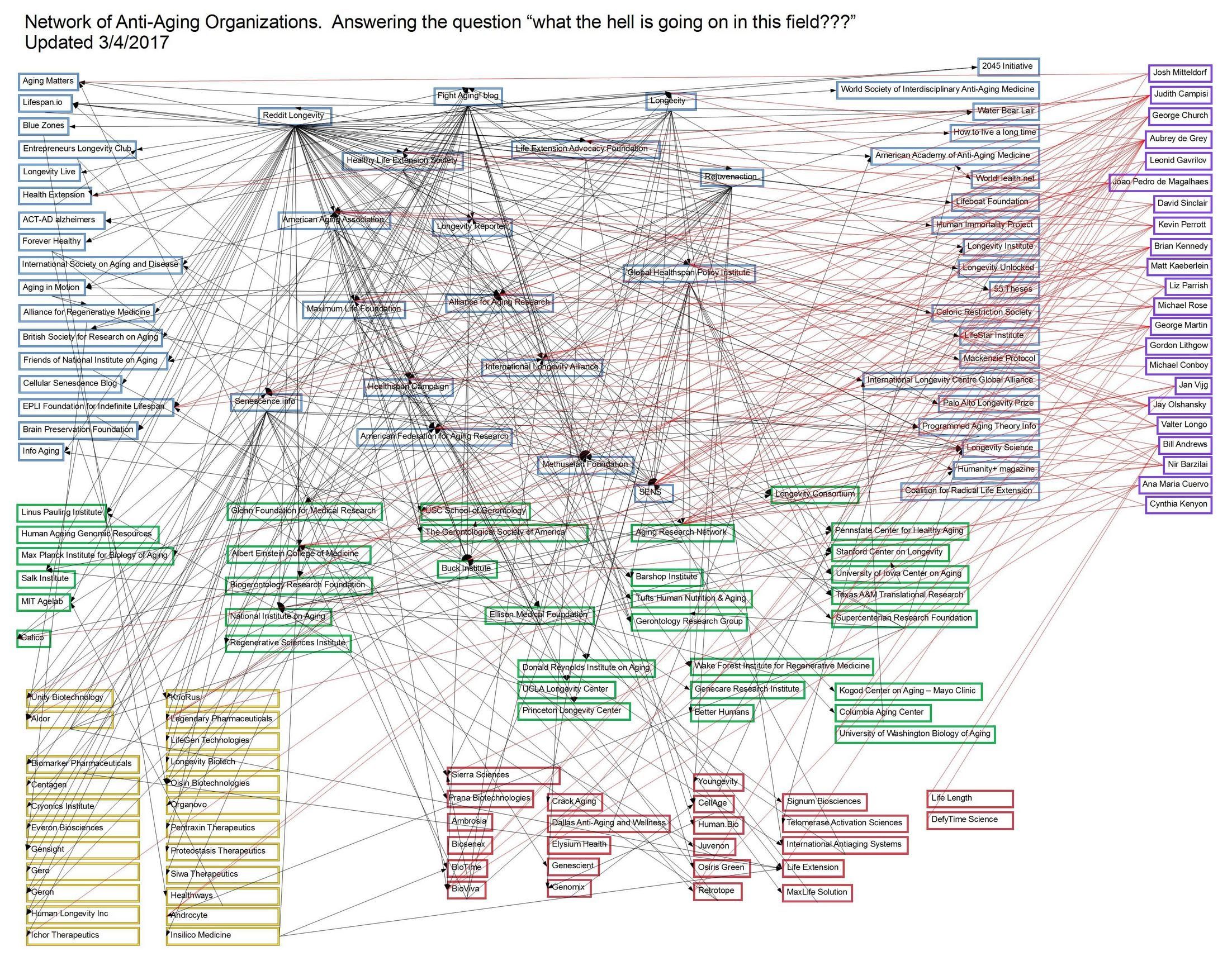Mar 19, 2017
Typing sentences by simply thinking is possible with new technology
Posted by Shailesh Prasad in categories: biotech/medical, computing, neuroscience
JUDY WOODRUFF: For decades, researchers have worked to create a better and more direct connection between a human brain and a computer to improve the lives of people who are paralyzed or have severe limb weakness from diseases like ALS.
Those advances have been notable, but now the work is yielding groundbreaking results.
Special correspondent Cat Wise has the story.
Continue reading “Typing sentences by simply thinking is possible with new technology” »
